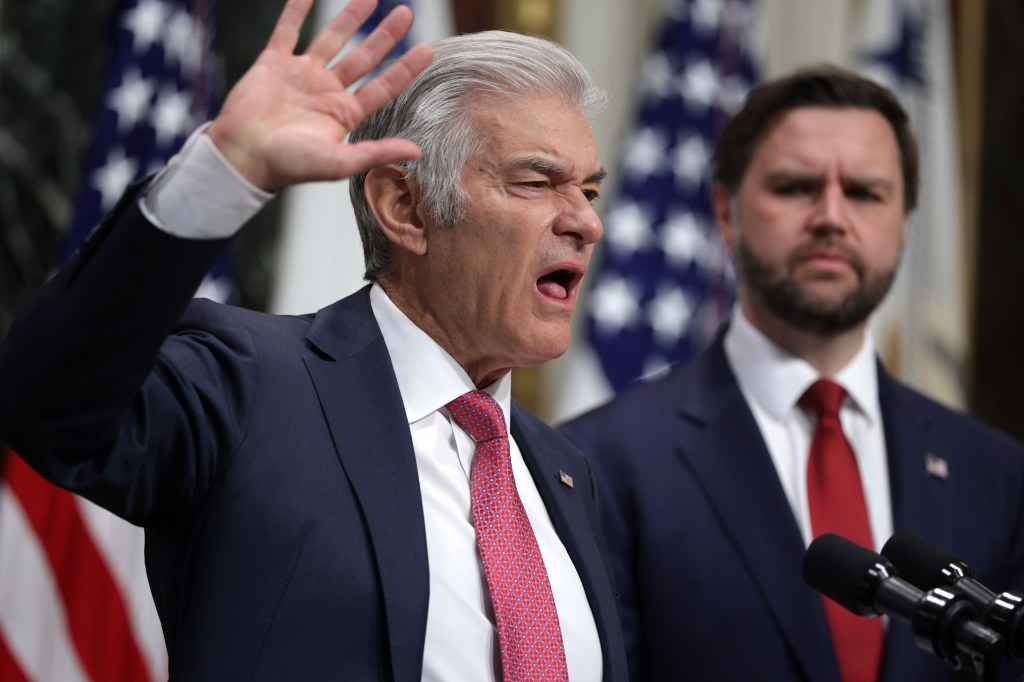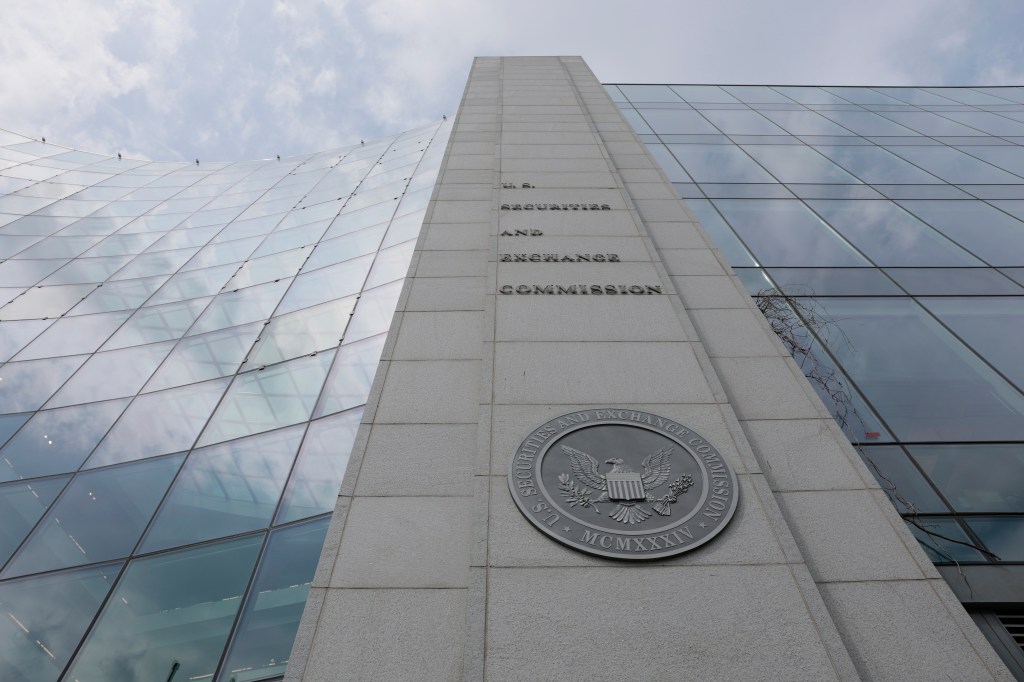Treasury Under Secretary for Terrorism and Financial Intelligence Brian Nelson and Financial Crimes Enforcement Network (FinCEN) Director Andrea Gacki participated in a beneficial ownership reporting outreach event in Columbus, Ohio, in partnership with Rep. Joyce Beatty (D-OH) last week.
They discussed the Corporate Transparency Act (CTA) – a bipartisan law
The
Register for free to keep reading
To continue reading this article and unlock full access to GRIP, register now. You’ll enjoy free access to all content until our subscription service launches in early 2026.
- Unlimited access to industry insights
- Stay on top of key rules and regulatory changes with our Rules Navigator
- Ad-free experience with no distractions
- Regular podcasts from trusted external experts
- Fresh compliance and regulatory content every day













